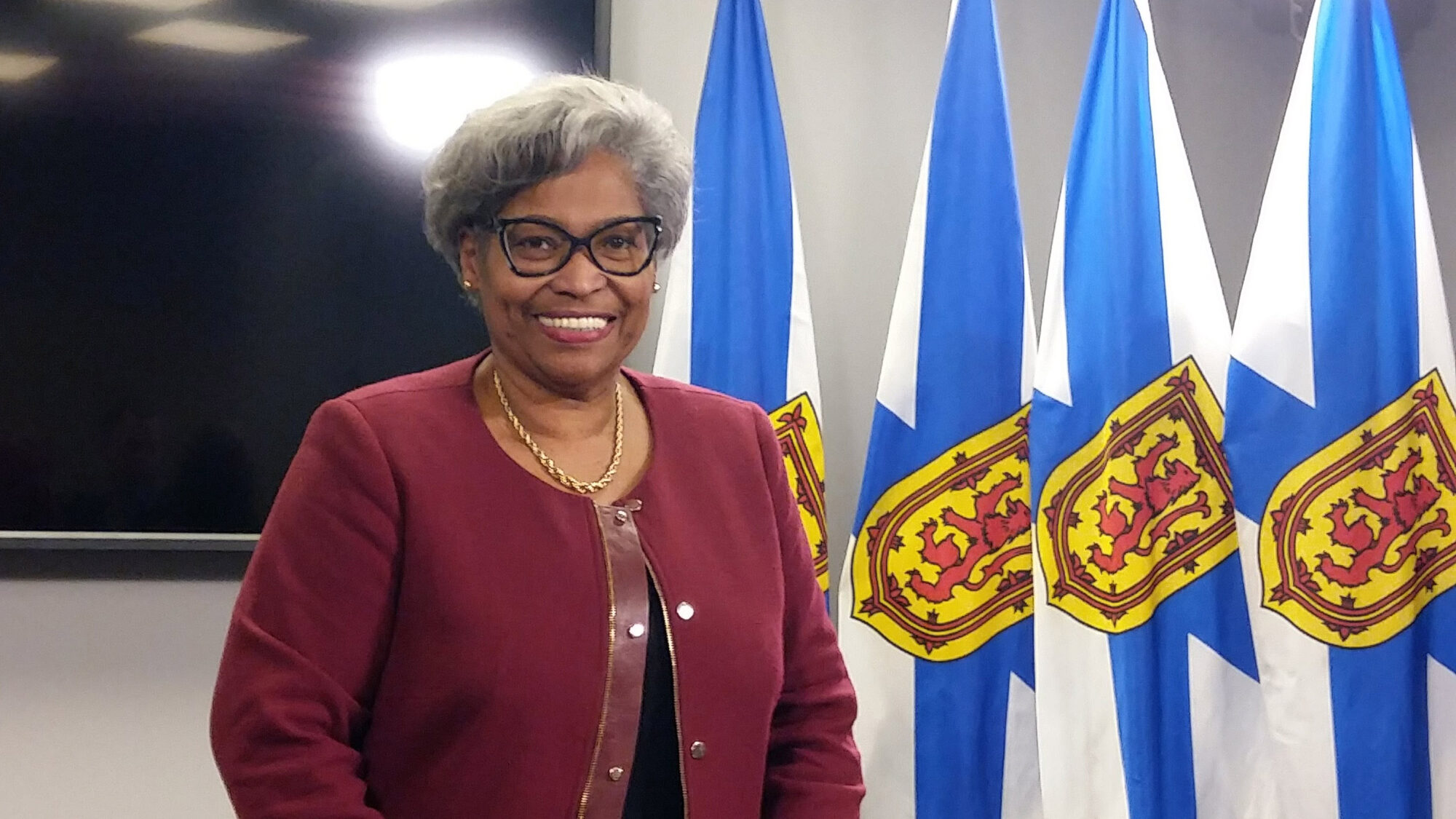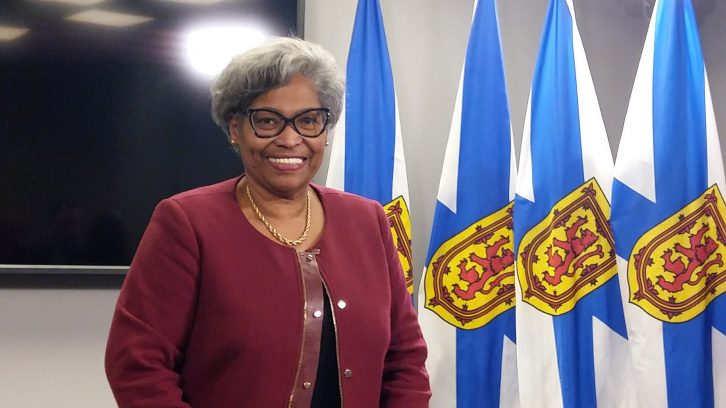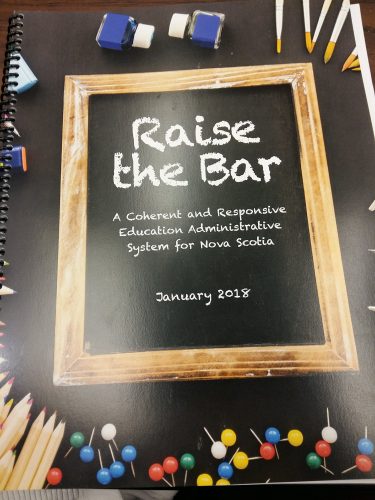Schools
Education system review recommends elimination of elected school boards
Glaze report finds Nova Scotia students perform below Canadian standard

caption
Avis Glaze - Author of the educational administrative review
caption
Avis Glaze presented her educational administrative review on Tuesday.Nova Scotia should eliminate elected school boards and replace them with advisory councils for each school, according to a review of the province’s education administrative system.
In a report released Tuesday, Avis Glaze, who has worked as an education adviser in places such as New Zealand and Scotland, said the intention is to go back to the community level and give parents, teachers, community, principals and students a larger voice.
“The status quo is not working,” she said at a news conference at Province House.
Glaze looked at the Pan-Canadian Assessment Program and found that Nova Scotia students’ performances aren’t up to the Canadian standards. She makes a total of 22 recommendations, including:
- creating a College of Educators to regulate the teaching profession
- having specialists spend more time in classrooms
- creating new positions to take some of the workload off teachers and principals
Glaze was hired in October as an independent review consultant. Her review of the administration system is the province’s first in 20 years.
Glaze said one of the most common perceptions is there are too many policies and too much bureaucracy.
“(It’s a) lack of clarity (and) mistrust. Upon reflection those may be the words that came up most frequently in my dozens of consultation sessions around the province,” she wrote in her report.
The report called the school boards “disconnected silos” and said “the system must be realigned to reflect a unified, coordinated, province-wide focus on students.”

caption
The report has a total of 22 recommendations.The Conseil scolaire acadien provincial, the only francophone school board in the province, however, would remain. Glaze wrote that it’s unique, which requires a “unique relationship in the system.”
For some, the school board elimination recommendation came as a surprise.
“I’m gonna tell you, we were shocked,” Hank Middleton, president of the Nova Scotia School Board Association, told reporters. “We have a diverse province and I really feel that she missed the boat with the fact that we do not have democratically elected school boards to represent communities.”
In a statement opposing the report, Liette Doucet, president of the Nova Scotia Teachers Union, said the review is a “recipe for chaos” for the education system. She said an implementation of the report would only bring turmoil and would do nothing to help students and teachers.
Both the NDP and the Progressive Conservative parties remained vague on their position regarding school boards.
“I think what we’ve seen, time and time again with amalgamations in this province, is the centralization of services into Halifax and a reduced voice at the local level,” said Claudia Chender, the NDP education critic. “I think what we want to see is a robust voice at the local level and we want to make sure that happens.”
Tim Halman, education critic for the PCs, said it is something that would have to be discussed with all educational partners.
Education Minister Zach Churchill is expected to make a statement about the report on Wednesday.

